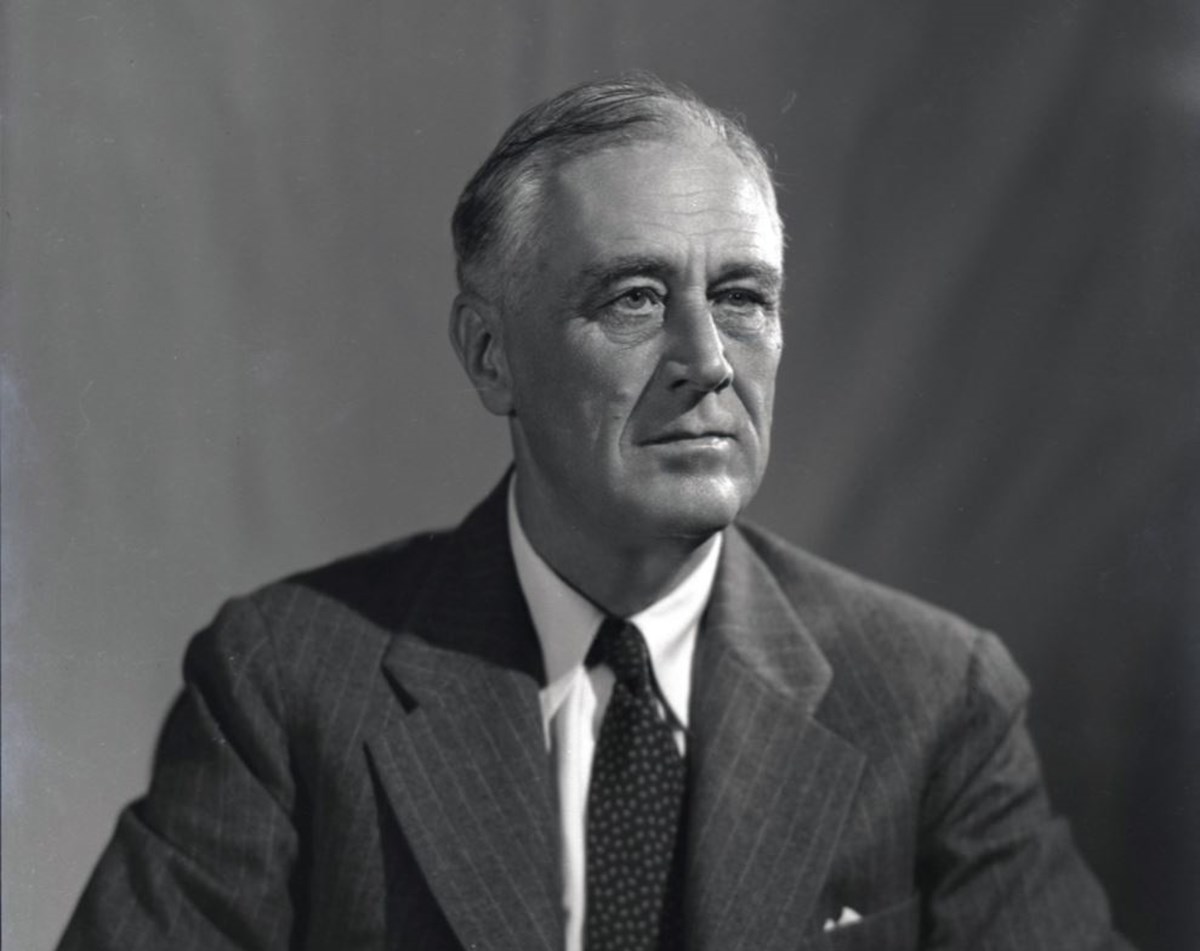If there is one thing the American political right and left agree on, it’s that the other side is fascist. The left thinks Trump is Mussolini; the right points to Big Tech suppressing political dissent. We even have an organization that styles itself, “AntiFa,” its chief means for fighting fascism being to dress all in black and beat its political opponents with clubs.
We live in interesting times.
But for all the accusations of fascism, justified or not, no one ever makes mention of the overtly fascist institution that dominates a large part of our lives: the New Deal.
No, I don’t mean the Green one, proposed by democratic socialist Alexandria Ocasio-Cortez and others. I mean the now hoary, 88-year-old New Deal inspired directly by Mussolini’s fascism and praised both by Adolph Hitler and Il Duce himself.
This isn’t to equate the whole of Roosevelt’s governance to Hitler’s or Mussolini’s. But in economic terms, Roosevelt was in lockstep with the fascists.
Fascism rejected socialism’s government ownership of the means of production. For this reason, the left imagines fascism to be an extreme form of capitalism. It isn’t. Fascism was more anti-capitalist than it was anti-socialist, according to Mussolini himself.
As Mussolini wrote, “Fascism is definitely and absolutely opposed to the doctrines of liberalism, both in the political and the economic sphere…The Fascist State lays claim to rule in the economic field no less than in others.”
Fascism left business ownership in private hands, but at state direction. Business owners may have retained title ownership, but they largely produced what the state told them to produce, sold at prices dictated by the state, and made future plans based upon the needs and dictates of the state, rather than their individual interpretation of market signals.
FDR did precisely the same things under the pretense of fighting the Depression. The Supreme Court struck down a few of his worst abuses, but the fascist regulatory structure he built not only remains in place to this day; it has continued to metastasize.
Fascism was also anti-democratic. It was “opposed to that form of democracy which equates a nation to the majority,” wrote Mussolini. Thus, the rules governing society, including economic activity, were made by an unelected bureaucracy taking its direction from a supreme leader who embodied the state and therefore the spirit of the nation.
The New Deal is similarly anti-democratic. Not only does it transfer myriad decisions previously made by private business owners to the government, it allows those decisions to be made by unelected bureaucrats in the executive branch.
This unconstitutional transfer of legislative power from Congress to the executive was rationalized away by New Dealers and their SCOTUS enablers by drawing an arbitrary distinction between legislation and “regulation.” This is dishonest. Whenever government officials write enforceable directives that either require or prohibit human action, they are legislating, no matter what those written directives are called.
These regulations are presented to the public with benign motivations like safety and fairness, just as Mussolini posited his fascist state, “concentrates, controls, harmonizes and tempers the interests of all social classes, which are thereby protected in equal measure.”
In effect, they amount to the government dictating the minute details of business operations to the owners.
This has several deleterious effects. First, it stifles creativity. Enforcing compliance with hundreds of thousands of regulations naturally tends towards all businesses being run the same way. Revolutionary improvements like the assembly line and mass production could never have occurred under the New Deal.
Who knows what innovation has been stifled since?
Second, all this compliance has a cost, which is much more easily borne by large firms than small ones. As time goes by and the regulatory burden gets heavier, the advantage of large firms over small widens. This has the effect of promoting consolidation and elimination of marginal producers.
In a laissez faire market, there is always a natural tension between large firms with economies of scale and smaller ones that can adapt more quickly to changing market conditions. Both the cost burden of regulation and its stifling of innovation neutralize the strengths of smaller firms and tilt the playing field dramatically towards large ones.
Yet, ironically, the New Deal is most staunchly defended by progressives who claim to oppose big business and support “the little guy.”
Third, the New Deal inevitably leads to what we now call “regulatory capture,” meaning the large corporations themselves writing the regulations that govern them. When the government’s job is merely to prosecute crimes and referee civil actions, it can be accomplished by competent attorneys. But when the government aspires to regulate the minute details of business operations, it requires in-depth knowledge of the regulated industries, including understanding of sophisticated machinery and other technologies, supply chains, specific market conditions, etc.
Only an industry insider can provide that level of expertise. And so, the government must go to these insiders for recommendations on how to make their own industries “safer,” “fairer,” etc. Naturally, the government will turn to the largest firms, understood to be the most efficient, and who also have the money to lobby.
Anyone truly committed to ridding America of fascism should concern themselves less with what politicians they don’t like say or post on social media and instead support repealing the New Deal root and branch.

